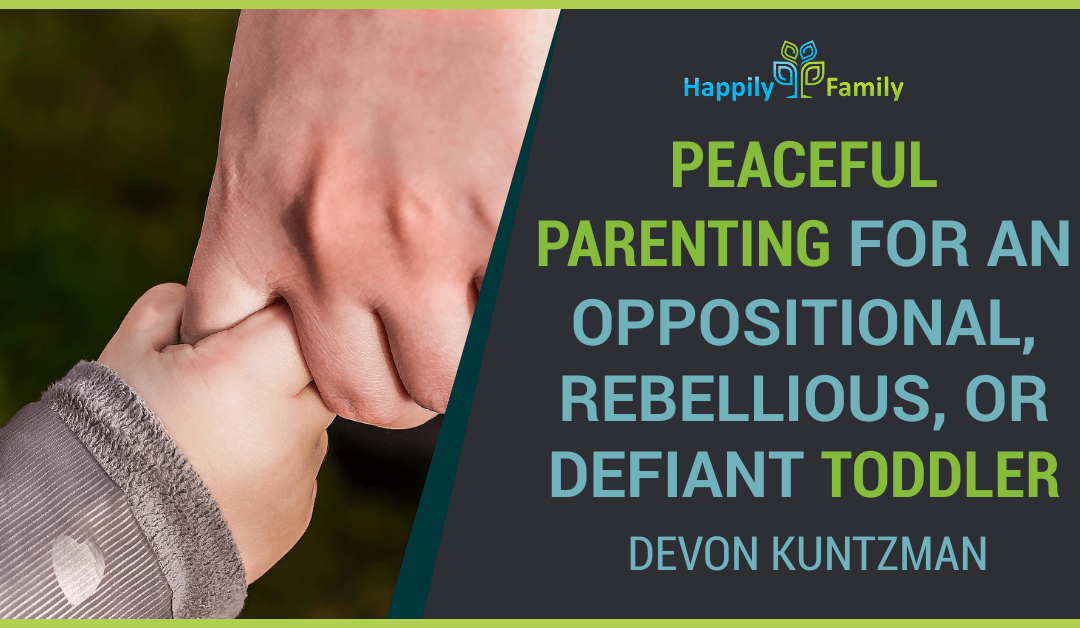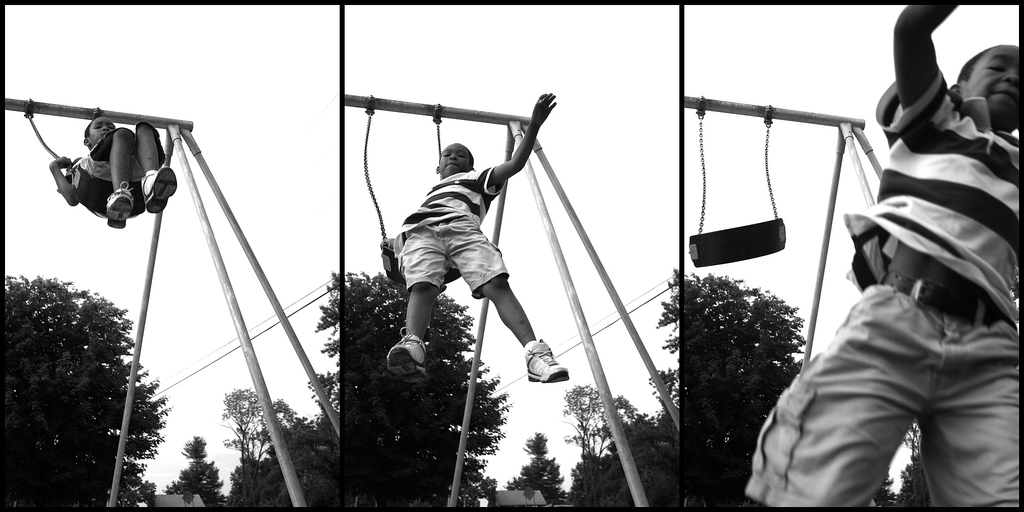Recently we asked Devon Kuntzman, host of the Transforming Toddlerhood Conference –
What to do when a young child acts purposefully rebellious, oppositional, or defiant.
She had such a great answer.
Check out what she said here.
And read the summary of what Devon said below the video.
What positive parenting techniques can be used with a young child who is purposefully rebellious, oppositional, or defiant?
Look at what you can control.
- You can’t control our child’s behavior, but you can influence their behavior.
- You can control your words and actions.
- And you can control some parts of the environment, for example by making things easier or harder for your child to reach will reduce power struggles and help set limits.
Replace the label with observation
- Labels are how we make sense of the world and they can be very useful, however, labels are not truth.
- Labels about our children–like defiance, oppositional, rebellious–are an interpretation of our child’s behavior.
- For example, if a child throws a book, we might label the behavior to be “bad” and we might think of the child as being bad.
- As caregivers and parents, we need to do our own work first. When you objectively observe what your child is doing (beyond the label) you can shift how you relate to their behavior and can change how you respond.
Respond to the behavior. For example, your child is “not listening”
Step One: Observe their behavior as a news reporter might.
- Ask yourself “What is my child actually doing?”
- For example, you say “It’s time to leave” and your child is still playing with their dinosaurs.
Step Two: Notice your interpretations.
- If you think your child is being “bad” you are more likely to respond with less compassion and less teaching but more force or punishment.
Step Three: Respond in a proactive way.
- Offer a solution that might work for your child.
- Get down on their level.
- For example, you could say, “I see that you are playing with your dinosaurs and you lined them all up. It’s time to leave. Would you like to bring 2 of your dinosaurs in the car with you so you can continue playing with them”
Consider bridging the gap
- Take something from the current situation to the next situation.
When you observe and avoid labels, it creates space for more compassion and a more intentional response. You might even feel less stress and get more cooperation from your child.
Resources:
Get more information about Devon Kuntzman and all her resources at Transforming Toddlerhood.
Get the full interview, weekly coaching, and a caring group of parents in The Village by Happily Family.









